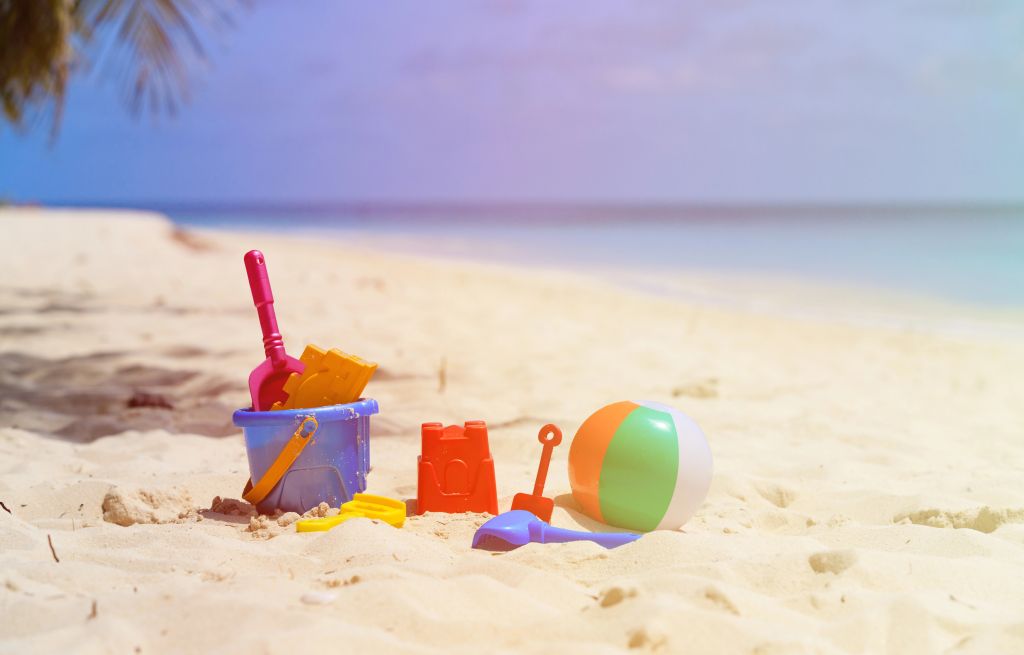In the summer, holidaymakers flock to the sea, lakes and mountains. While children enjoy themselves in the water, adults often forget about the dangers lurking on the beach.

Sunburn and drowning are not the only hazards – beware of unauthorised photographing and filming of children
In addition to the dangers of water and sunburn, parents need to be wary of strangers who take photos of children and teenagers rather than shells and sunsets. Photographing children without permission or the knowledge of their guardians is an offence (under Articles 138 and 176 of the Criminal Code of the Republic of Slovenia) and may be dangerous.
Photos of children in swimwear or naked may end up on social media or inappropriate websites. In extreme cases, strangers may even contact children with the intention of abusing them.
The best way to keep children safe at the beach is for parents to be aware and cautiousPolice advice to parents:
|
Even parents can be careless when posting photos
On social media, adults often share holiday photos, and sometimes these photos include children in swimwear, in underwear, or even naked. Such photos or videos can quickly end up in the hands of sexual predators, who can then share them or post them on their paedophile networks and forums.
In practical terms, this means that parents have provided paedophiles with photographs of their children, which they can trade (including on the dark web) or use for sexual gratification.
Talk to your children about the dangers of the internet and talking to strangers, and above all, set a good example for them
Being trusting, naive and curious, children often do not distinguish between good and dangerous contacts, either in the real world or online.
It is important to talk to children and explain that not all online friends have good intentions, even if they seem polite and friendly at first glance. Explain to them that they should not send strangers their (intimate) photos or post them online, and that they should immediately seek help from an adult if they notice someone staring at them excessively on the beach, taking photos of them, or trying to make contact with them.
Children should be made aware that both real-life and online contacts can be dangerous, as strangers often use fake profiles or seek contact with children under the guise of friendship, when in fact they want to exploit and abuse them.
Therefore, when at the beach, beware of sunburn but also of activities that do not belong there.

